President Biden Vetoes Repeal of CFPB’s Small Business Lending Rule
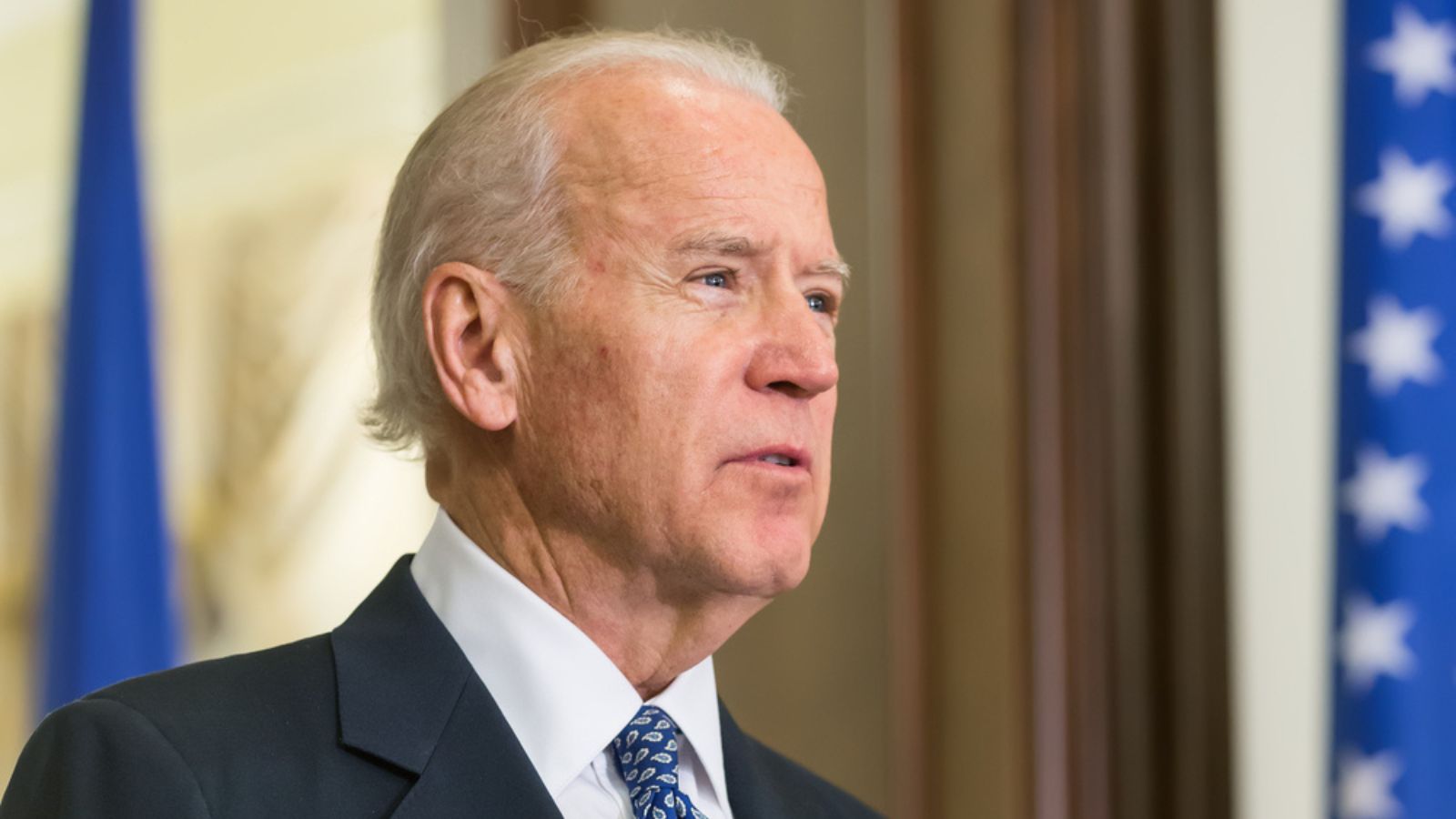
A controversial Consumer Financial Protection Bureau (CFPB) small-business lending rule faces continued implementation as President Joe Biden vetoes a joint resolution seeking its repeal. This decision intensifies the debate surrounding the law, criticized by Republicans as politicizing the lending process by requiring lenders to collect and report personal demographics of small-business owners.
The CFPB Rule in Question
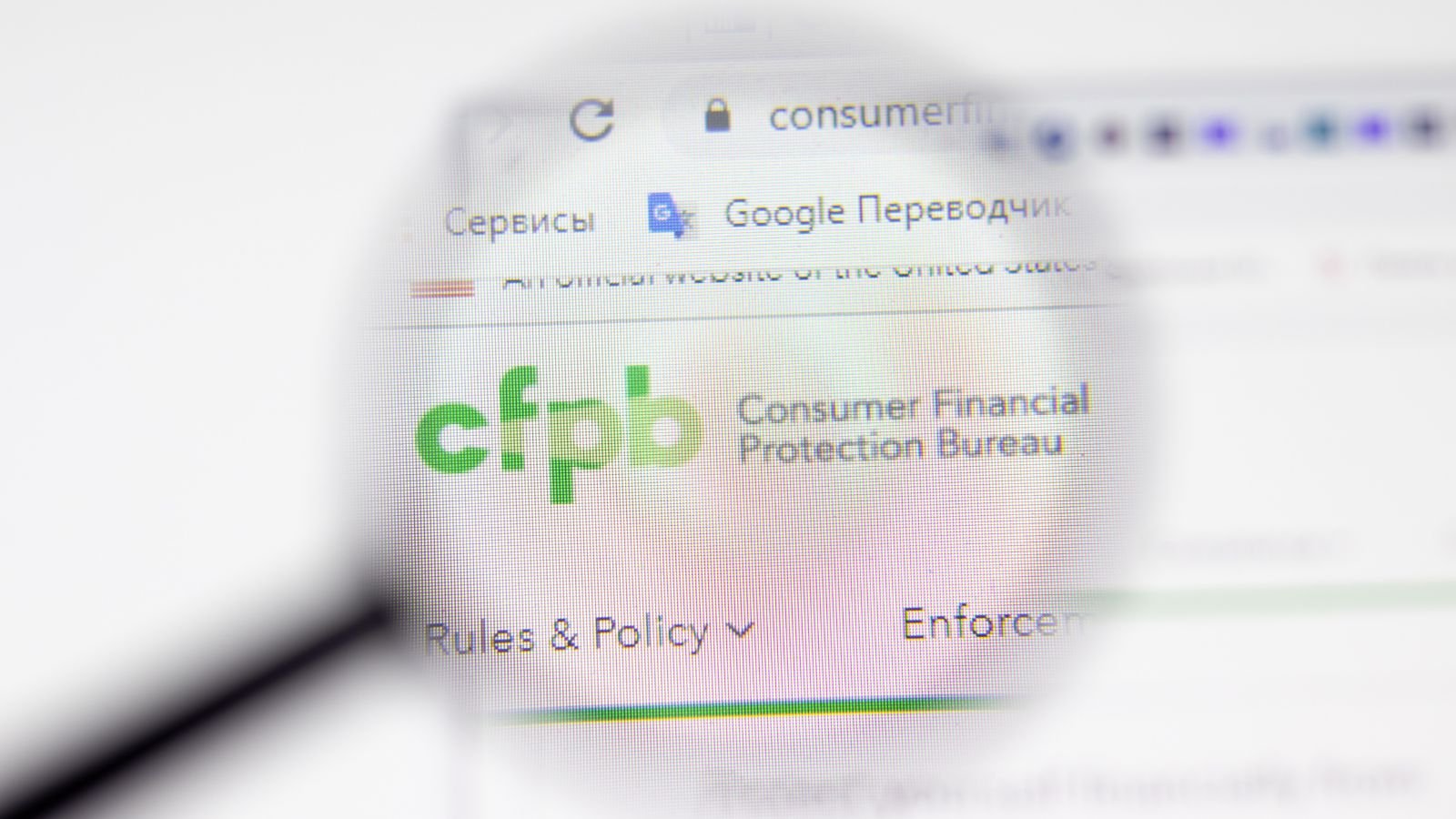
The CFPB rule mandates lenders to collect and report specific credit application data annually from small-business owners, including personal demographics like race, sexual orientation, and gender identity. Additionally, the rule facilitates the creation of a publicly accessible database containing small-business credit applications. Critics argue that such requirements politicize the lending process.
Read More: Another Country Occupied By Russia Might Get Dragged Into The Ukraine War
Republican Criticism
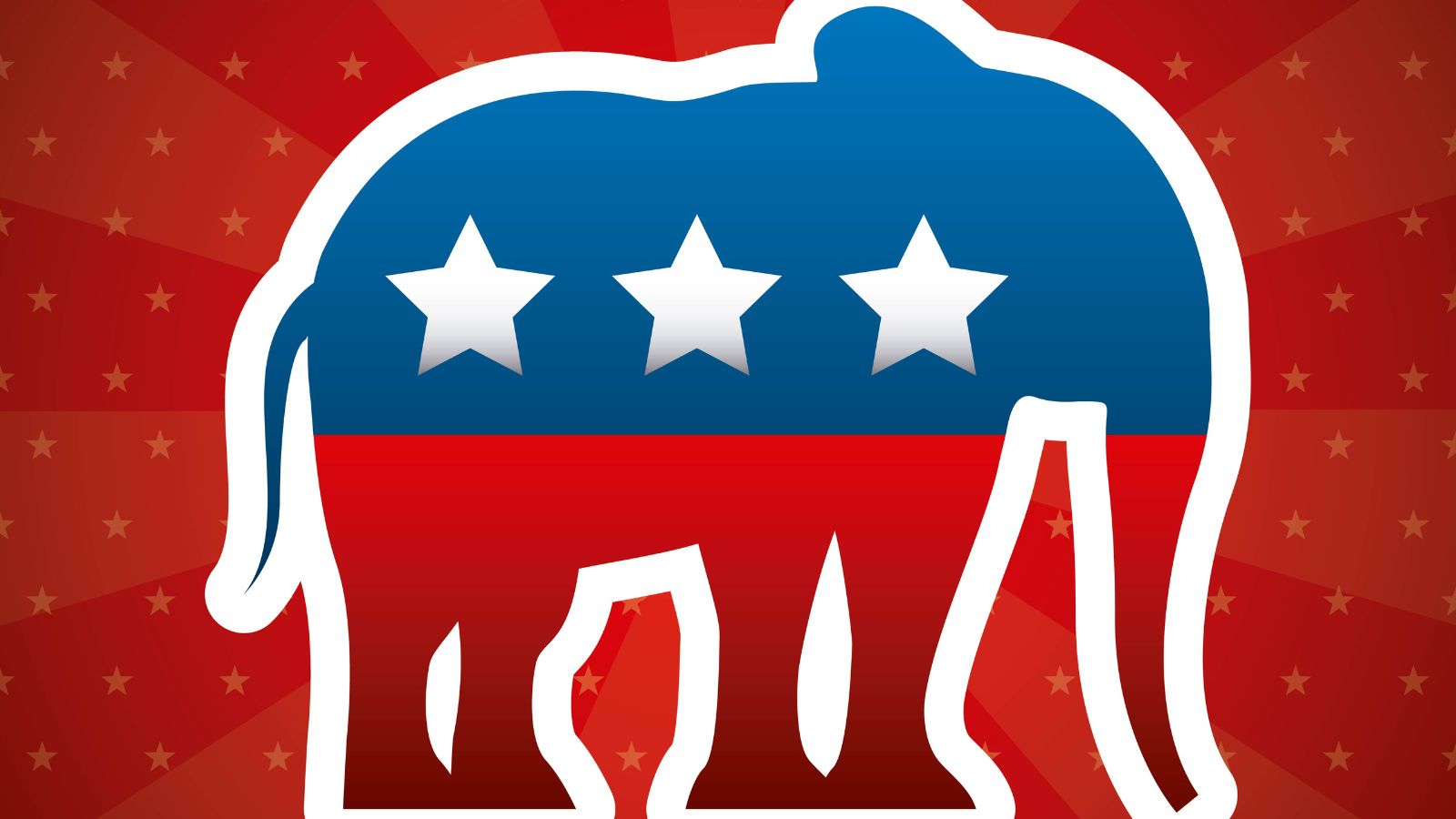
Republicans characterize the rule as a politically motivated effort to inject “wokeness” into the lending process. The criticism centers on the perceived intrusion into the private lives of small-business owners and the creation of demographic reporting requirements that opponents argue are unnecessary and burdensome.
Biden’s Defense of the Rule
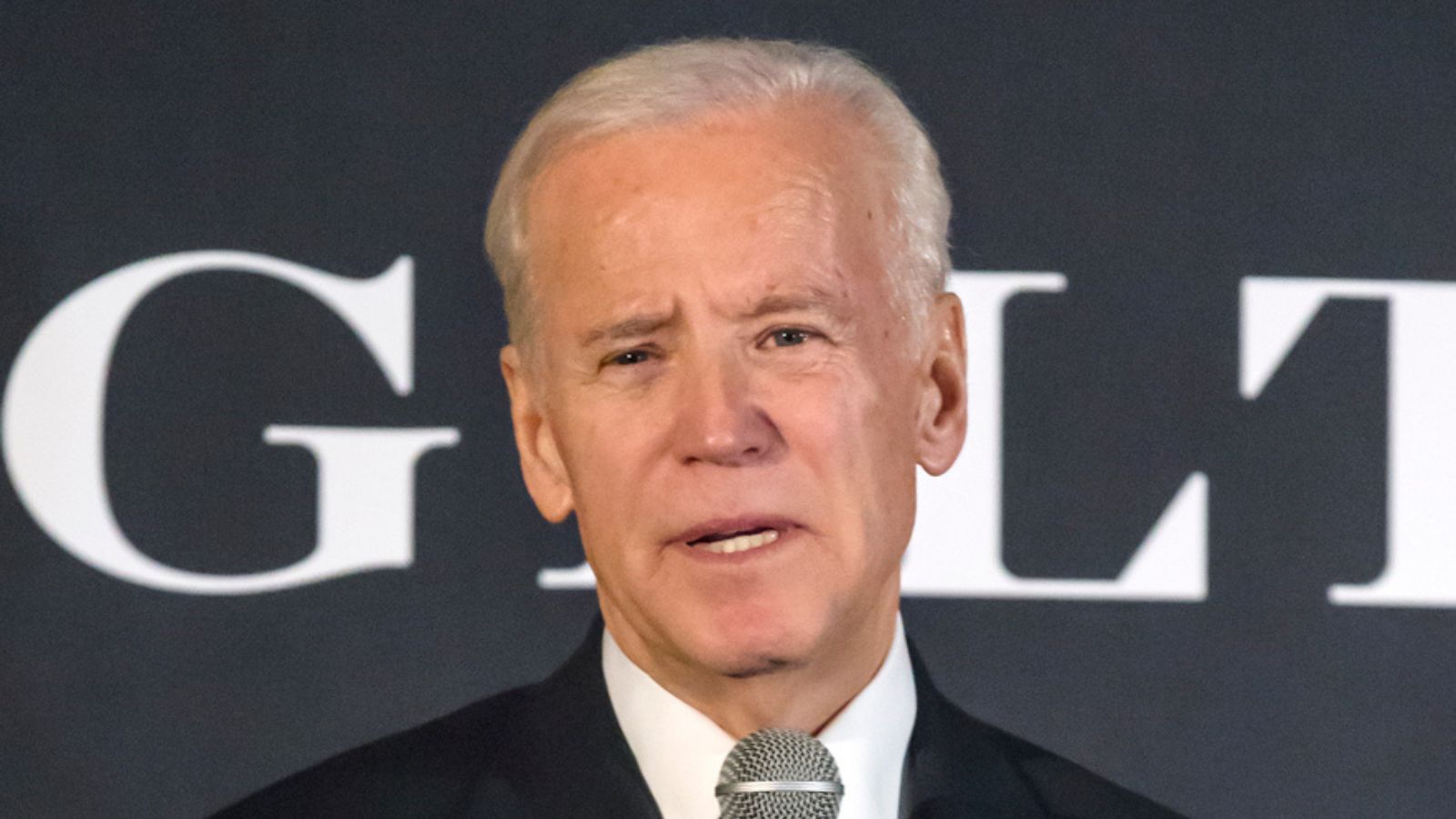
President Biden, in his December 19 veto, defends the CFPB rule, asserting that it enhances transparency in small-business lending. He argues that the rule enables better oversight of abusive lending practices, assists small businesses in assessing lending opportunities, and addresses capital access gaps for minority- and women-owned businesses. The President frames the Republican-led resolution as siding with big banks over the needs of small companies.
Biden’s Statement
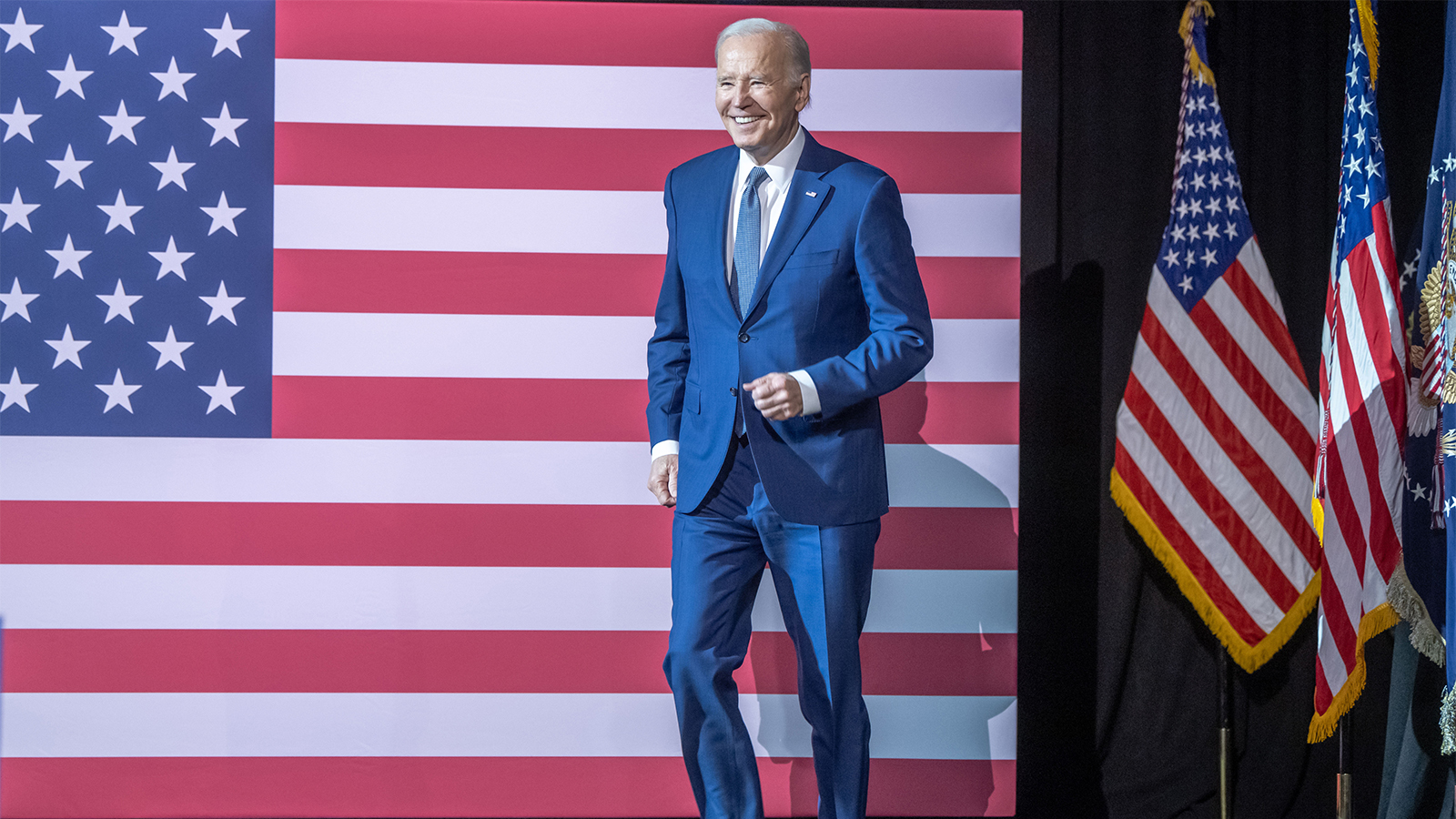
In his veto statement, President Biden contends that the resolution would impede government oversight of abusive lending, hinder small businesses’ access to capital, and complicate efforts to address capital gaps for minority- and women-owned businesses. He emphasizes his administration’s commitment to policies that support the thriving and growth of small businesses, casting the rule as essential for transparency and accountability.
Also Read: Decisions by the Supreme Court Have the Potential to Significantly Transform Gun Control
Opposition from Sen. John Kennedy

Senator John Kennedy, the resolution’s sponsor, condemns the demographic reporting requirements as intrusive. He highlights instances where banks are required to inquire about personal matters, such as an individual’s sexual orientation, considering it an unwarranted intrusion into private affairs. Kennedy asserts that such details are “none of their business.”
Concerns from NFIB

The National Federation of Independent Business (NFIB) shares concerns about the rule’s impact on small banks and businesses. They argue that the demographic reporting requirements substantially burden smaller institutions, affecting their ability to comply due to limited resources. A recent NFIB survey underlines potential challenges small banks and their small business customers face.
Possibility of Veto Override
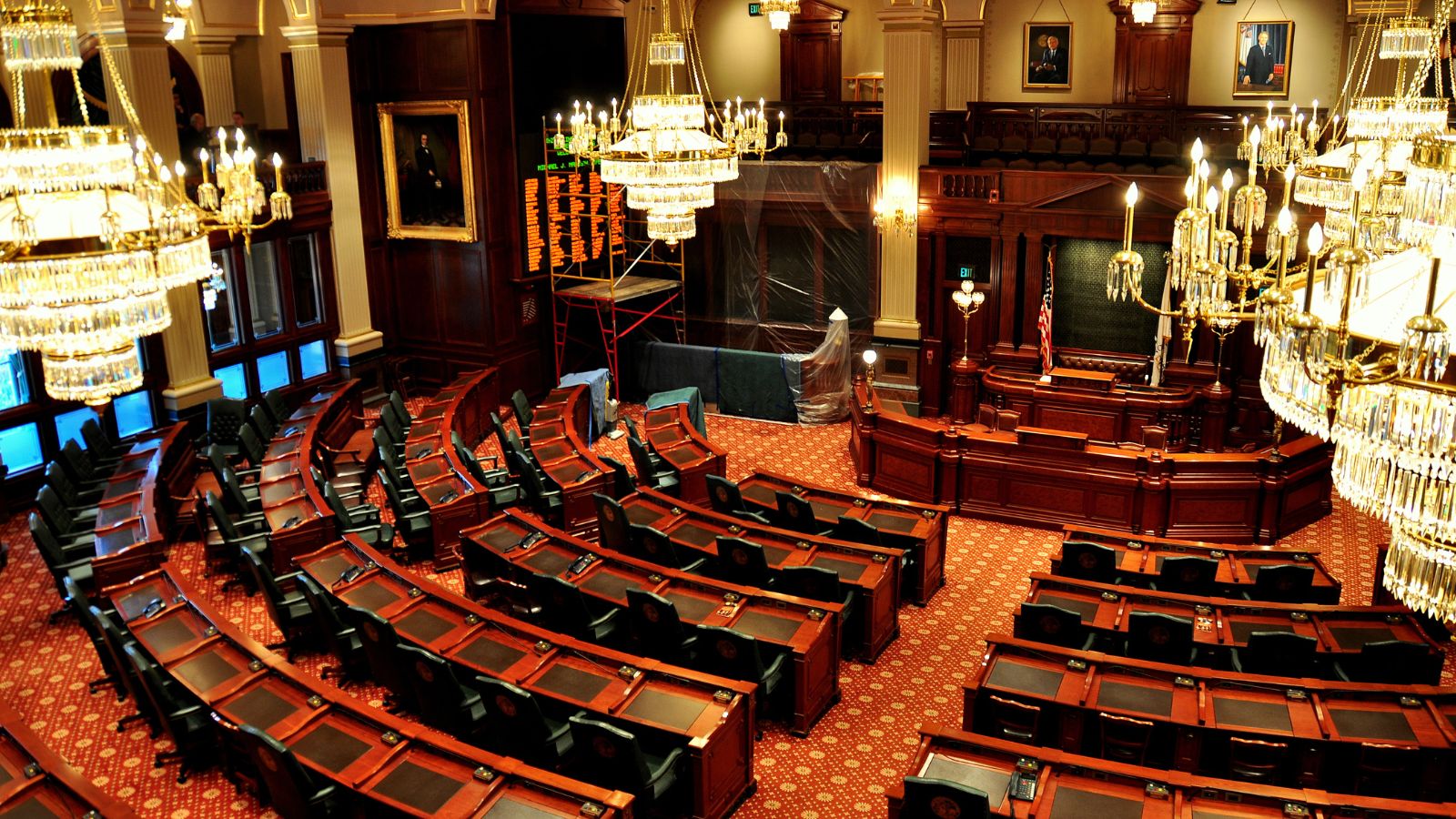
A two-thirds majority vote in both chambers is required to override the veto. Given the slim majorities with which the resolution passed in both the House and Senate, a successful override appears unlikely. This raises questions about the broader support for the resolution and the potential ramifications of continued rule implementation.
Read More: American Citizen Arrested in Venezuela Following Oil Sanctions Lifted by Biden Administration
Persisting Debate on Small Business Lending Rule

President Biden’s veto adds a new layer to the ongoing debate over the CFPB’s small business lending rule. The clash between the administration’s emphasis on transparency and accountability and Republican concerns about intrusiveness underscores the complexity of balancing regulatory measures with privacy considerations and small business interests. The resolution’s fate and the rule’s long-term impact remain uncertain amidst political disagreements.
Future Implications

The ongoing dispute over the CFPB rule raises questions about the future implications for small businesses. How the rule’s enforcement will affect lending practices, especially for minority- and women-owned companies, remains a topic of concern. Additionally, the broader regulatory landscape for small businesses may see shifts based on the outcome of this debate.
Public Opinion and Continued Debate

As the controversy unfolds, public opinion becomes a crucial factor. The attitudes of small-business owners, advocacy groups, and the public towards the CFPB rule will influence the direction of future policy discussions. The continued debate underscores the need for a nuanced approach that considers transparency goals, and the practical challenges small businesses face in complying with regulatory requirements.
Read Next: The ATF’s Crackdown on DIY Silencers Is Raising Hackles Among Gun Owners
The Path Forward

Amidst the polarized views on the CFPB’s small business lending rule, there is an opportunity to find common ground. Stakeholders, including policymakers, small-business advocates, and financial institutions, can engage in constructive dialogue to address concerns raised by both sides. A collaborative approach may involve revisiting aspects of the rule to ensure transparency without unduly burdening small banks and businesses.
More from The Stock Dork – Increase in U.S. Prison Population Signals a Shift in Decade-Long Trend


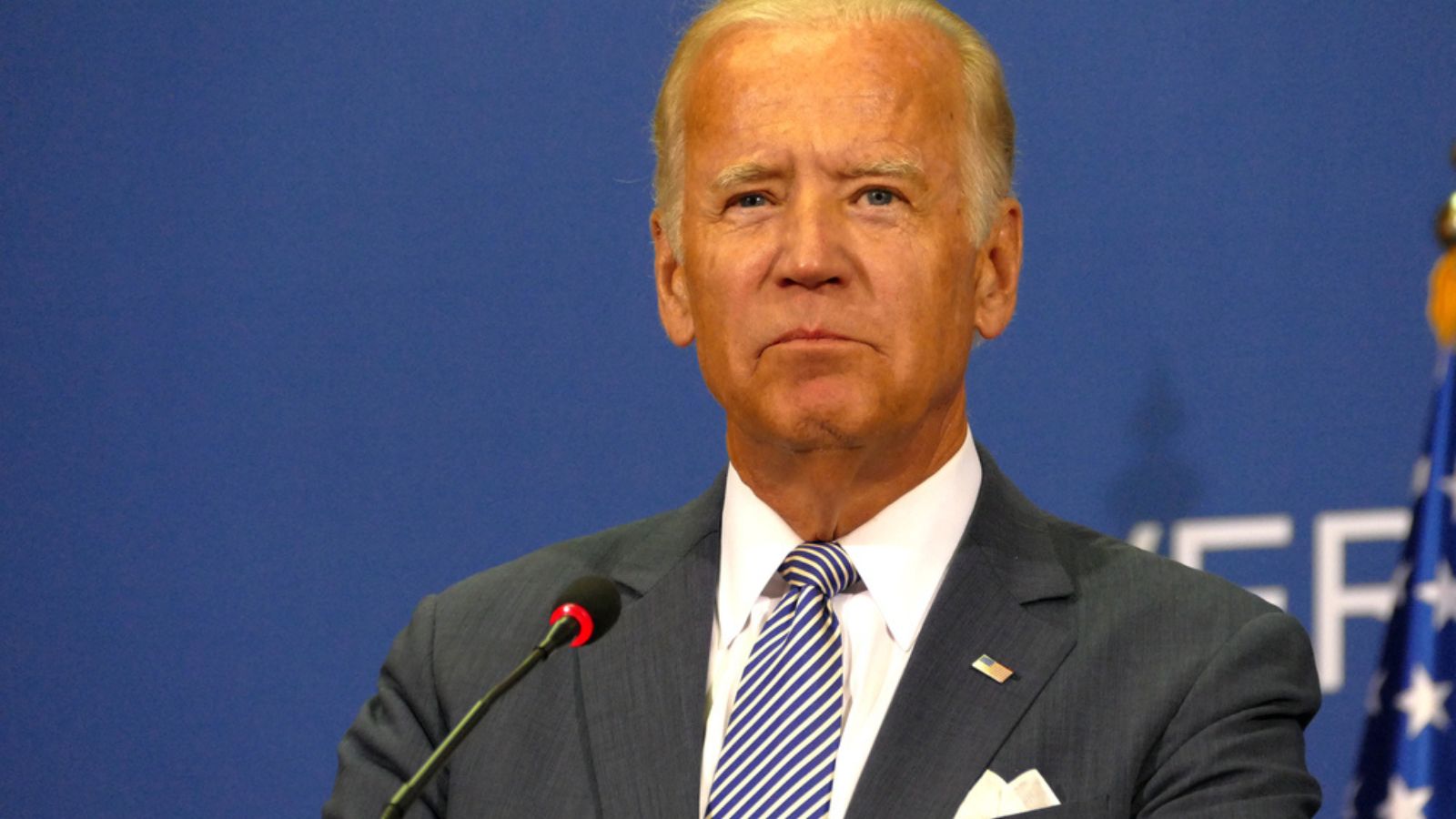




 Tags:
Tags:










